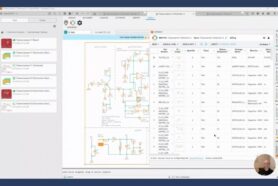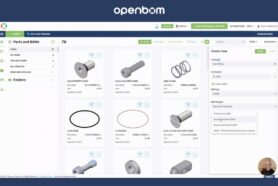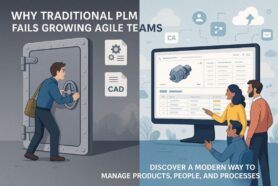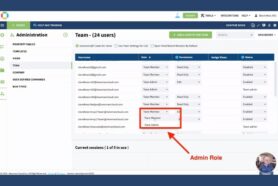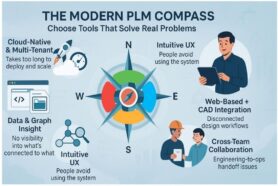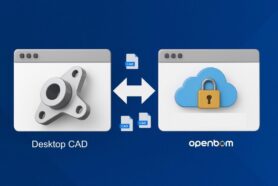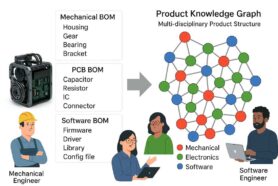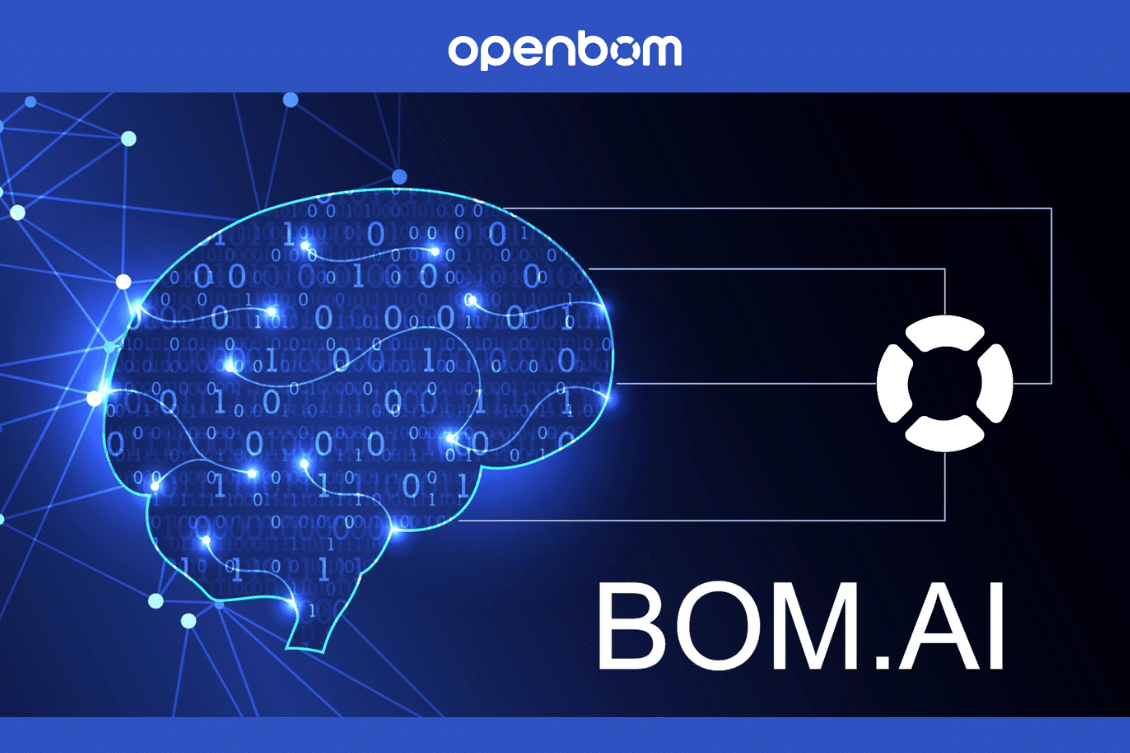
The traditional product development process is often plagued by complex data management and communication barriers between engineering, manufacturing teams, and all other teams, leading to inefficiencies and delays. The desire of all product development teams is to have intelligent systems to support their development processes. It includes creating systems capable to provide a sufficient amount of intelligence and data access for product and process development. Modern AI tools are bringing new methods that can help everyone to work more efficiently.
Manufacturing companies are looking at how to develop faster, cheaper, and better. These topics are always on the top priority list for manufacturing companies. Check my article 5 important things about the state of PLM in 2023. You will find it there. In today’s fast-paced business environment, companies must quickly adapt to changing market conditions and consumer preferences to maintain a competitive edge. Accelerating new product development processes enables organizations to capitalize on market opportunities, ensure customer satisfaction, and foster continuous innovation. Moreover, efficient use of resources, from time to cost savings, directly impacts a company’s bottom line. Ultimately, the importance of speed in manufacturing new product development lies in its ability to drive growth, profitability, and long-term success for businesses.
Manufacturing companies are looking for speed and accuracy. And it brings us to BOM a lifeblood of all product development and manufacturing functions. Bill of Materials (BOMs) is the core of engineering and manufacturing functions and it is used to plan all engineering, production, supply chain, sales, and maintenance tasks. Having an accurate Bill for Materials is the foundation of all product development activities to ensure product design is complete and ready to be released to production. An accurate Bill of Materials is a foundation of product costing done right and procurement and supply chain bringing all components and materials to the shop floor. Later on, sales and marketing are relying on accurate BOMs for the operations tasks.
At OpenBOM we go beyond a traditional approach in defining the Bill of Materials – Digital BOM. OpenBOM turns the Bill of Materials and an entire product structure into entire digital records. OpenBOM takes product information from old-fashioned Excels and closed legacy databases and PLM systems into a modern and robust data architecture allowing everyone who needs to be involved in BOM definition and BOM consumption to get access to the data.
OpenBOM Multi-Tenant Data Platform With Graph Data Core
OpenBOM platform offers several key features that set it apart from other PLM solutions and BOM management tools. These include:
- Networks of companies and networks of data: Multi-tenant data model, which brings visibility across the product development and manufacturing process: The tool provides a single source of truth for all BOM data, enabling visibility across the product development and manufacturing process, from design to production. The data model allows the connection of multiple companies in a network of data.
- Real-time collaboration: OpneBOM tool enables engineers and manufacturing teams to collaborate in real time, reducing communication barriers and enabling faster decision-making.
- Integration with other tools: OpenBOM integrates with popular CAD software, including Autodesk, SolidWorks, and Onshape, as well as ERP systems, including NetSuite and QuickBooks, enabling seamless data transfer between systems.
The important outcome is the data. OpenBOM platforms allow customers to bring data that can later be used for machine learning and AI tasks.
Global BOM Knowledge Graphs
OpenBOM data management capabilities and the use of Graph Databases allow for building BOM Knowledge Graphs. It enables users to visualize and explore the relationships between different data points in their bill of materials (BOM) data. By leveraging graph database technology, OpenBOM Knowledge Graph enables users to gain a deeper understanding of the complex relationships between components, materials, suppliers, and other data points in their BOM data.
The Knowledge Graph is generated by extracting and analyzing the BOM data stored in OpenBOM, which includes information about components, materials, suppliers, and other key data points. The data is then organized into a graph structure, which enables users to explore the relationships between different data points in a visual and interactive way.
OpenBOM is coming to present a graph navigation tool for Knowledge graphs. For example, a user can use the Knowledge Graph to explore the relationships between different components in a BOM. The user can select a component and see all the other components in the BOM that are related to it, such as those that are used in the same assembly or are sourced from the same supplier. The user can then drill down further to explore the relationships between those components and other data points in the BOM, such as materials and suppliers.
The Knowledge Graph is also useful for identifying potential issues or inefficiencies in the BOM data. For example, the user may identify a supplier that is used for multiple components in the BOM, which could present an opportunity for cost savings or consolidation. The user can also use the Knowledge Graph to identify potential design conflicts or issues, such as components that may interfere with each other in the assembly process.
GPT and BOM Autocomplete
GPT (Generative Pre-trained Transformer) models are a type of neural network architecture that uses unsupervised learning to pre-train a language model on vast amounts of text data. GPT models have shown remarkable success in a range of tasks, including writing articles, answering questions in a chatbot style, and generating programming code.
We are researching a new function in OpenBOM – BOM Autocomplete. It is a feature that leverages machine learning technology to suggest and automatically complete bill of materials (BOM) data based on historical data and patterns. This feature will enable engineers and manufacturing companies to save time and reduce errors in their BOM management processes.
With BOM Autocomplete, OpenBOM Copilot can predict and suggest missing information in a BOM based on the existing data in the system. For example, if a user enters the name of a component in a BOM, the system can automatically suggest the manufacturer part number, vendor, and other key data points based on historical data and patterns in the system. The user can then confirm the suggestion or edit the data as needed.
The BOM Autocomplete feature is trained on historical data from existing BOMs stored. The system can identify patterns and relationships between different data points in the BOMs, enabling it to make more accurate predictions and suggestions over time. As more data is added to the system, the BOM Autocomplete feature becomes more accurate and effective.
Conclusion:
At OpenBOM we are always looking into how to help engineering and manufacturing companies save time and reduce errors in their data management process. BOM is the lifeblood of product development and BOM management processes are a fundamental element to streamline information exchange between divisions and companies. By automating the process of BOM creation, helping to fill in missing information, and making suggestions based on historical data and patterns, companies can streamline their BOM management processes, improve data accuracy, and reduce the risk of errors in their product development and manufacturing processes.
Interested in what we do? Please contact us. We are actively researching this field and would be excited to share more information as soon as it will become available.
In the meantime, REGISTER FOR FREE and start a 14-day trial to check how OpenBOM can help you.
Best, Oleg
Join our newsletter to receive a weekly portion of news, articles, and tips about OpenBOM and our community.


